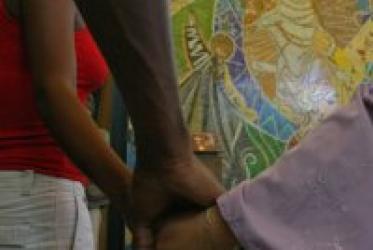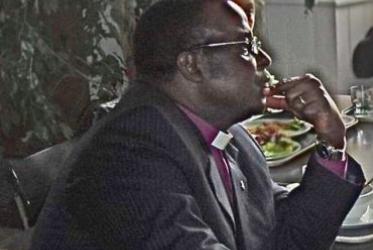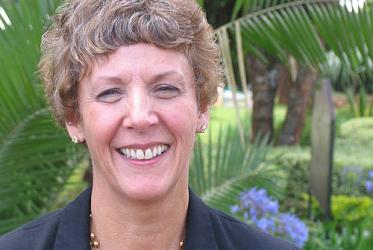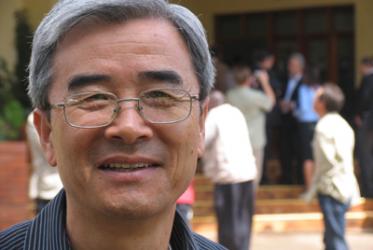Displaying 3481 - 3500 of 3529
10 April 2008
"Like being in the center of the globe"
20 February 2008
Kobia sees changing landscape
14 February 2008
Serving as stewards
14 February 2008
Moderator urges perseverance toward unity
13 February 2008
WCC general secretary confident about Christian unity progress
25 January 2008
Christian youth movements call for signs of unity
24 January 2008
Reparation needed to address transatlantic slave trade
17 December 2007
Ecumenical conference to tackle racist patterns left by slave trade
06 December 2007
Ecumenism - or how to ride a bicycle between this life and the other
08 November 2007
Let's take risks, Kobia tells Global Christian Forum
07 November 2007
WCC welcomes letter from Muslim leaders
15 October 2007



















